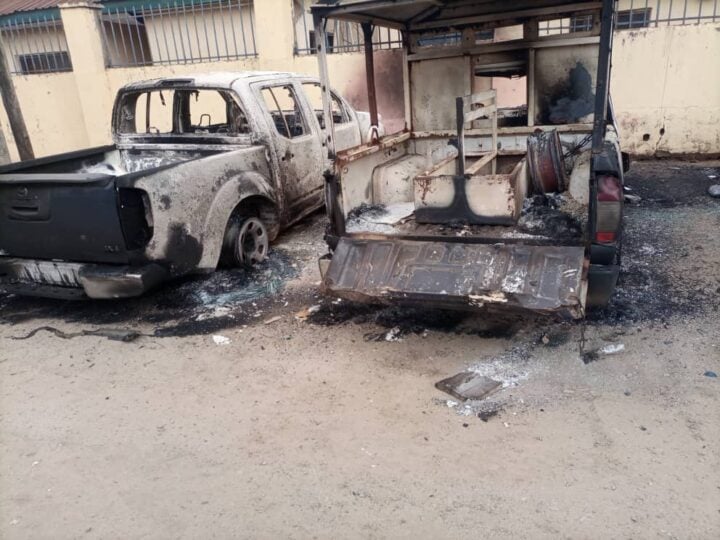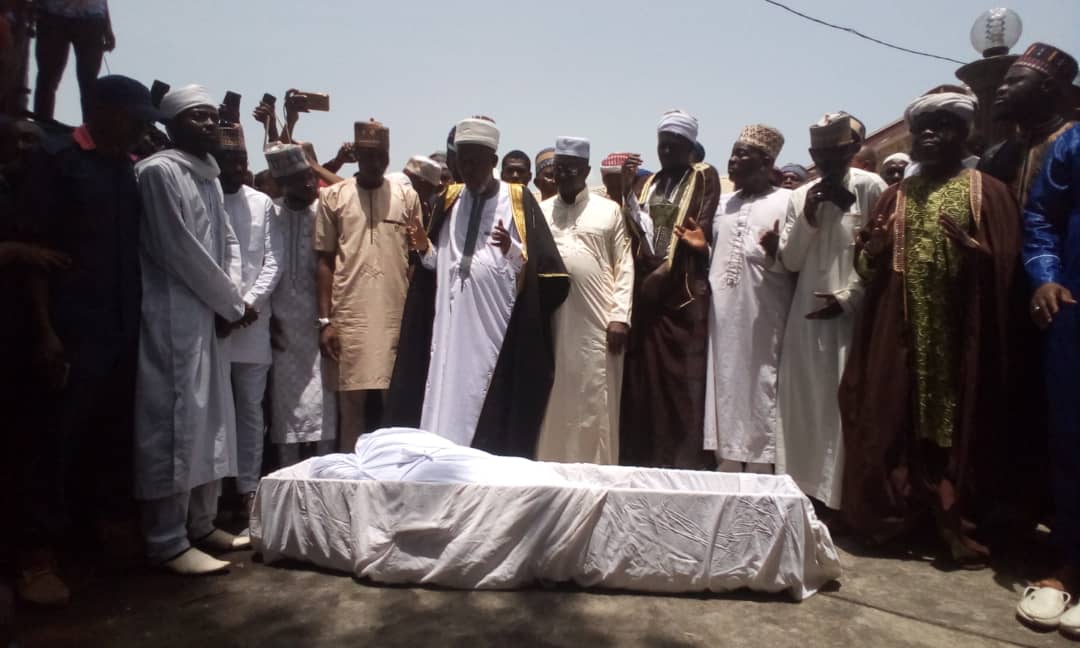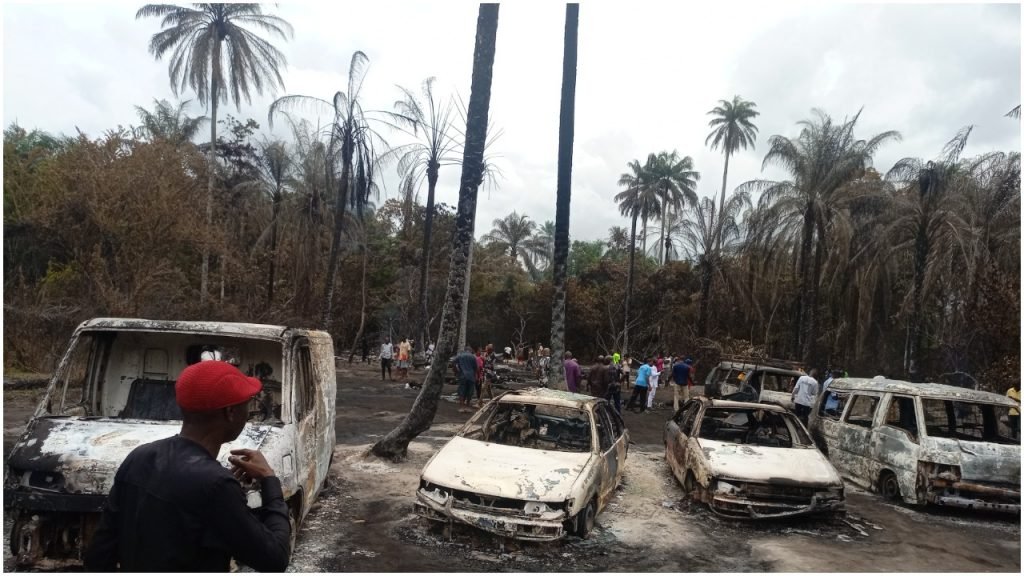Over 400 deaths as a result of violence were recorded in Imo between January 2019 and December 2021, according to a report by the Foundation for Partnership Initiatives in the Niger Delta (PIND).
This was captured in the organisation’s ‘Niger Delta Weekly Update’, which was released on Friday.
Over the past months, Imo state has experienced a wave of attacks on residents, as well as private and government structures.
The group said if the situation is not de-escalated soon, it could degenerate into “widespread hooliganism and lawlessness”.
Advertisement
“According to data, separatist agitation and counter-insurgent violence caused over 400 fatalities in Imo state between January 2019 and December 2021,” the report reads.
“Recent data shows a rise in violent separatist agitation and criminal insurgency in the State. In April 2022, for example, suspected members of the Eastern Security Network (ESN) – the militia arm of the Indigenous People of Biafra (IPOB) – reportedly attacked a divisional police station with Improvised Explosive Devices (IEDs) in Mbieri town, Mbaitoli LGA.
“Separately, in April, gunmen reportedly attacked a local council headquarters with IEDs in Awo-Idemili town, Orsu LGA. Also, in April, separatist militias reportedly attacked a voter registration center and killed a staff of the Independent National Electoral Commission (INEC) in Amakohia town, Ihitte Uboma LGA. Recently, on April 17, 2022, a resident was reportedly killed during a clash between security operatives and separatist militias in Ihioma town, Orlu LGA.”
Advertisement
The report added that the development could affect economic development, lead to communal instability and weaken citizens’ trust in the capacity of the government to protect lives and properties.
It recommended that stakeholders should work with relevant security agencies to deploy appropriate preventive measures to de-escalate the situation.
“Peace and security stakeholders should also work with the state government and reputable community leaders to identify and address the underlying drivers as well as the triggers of the current wave of agitation in the state,” the group added.
Advertisement
Add a comment






